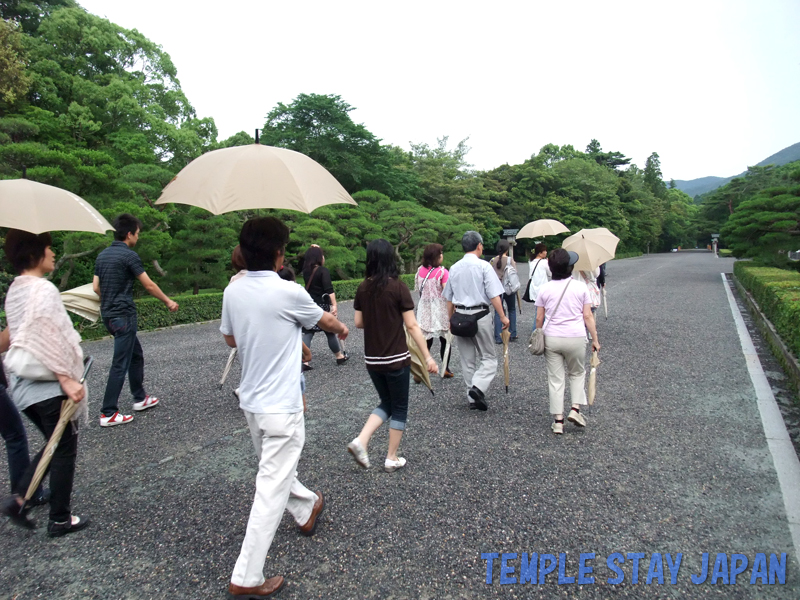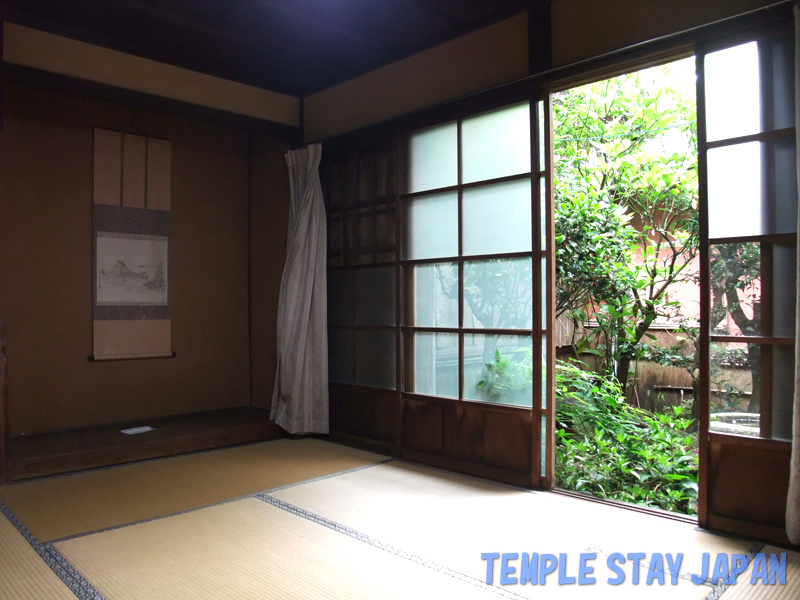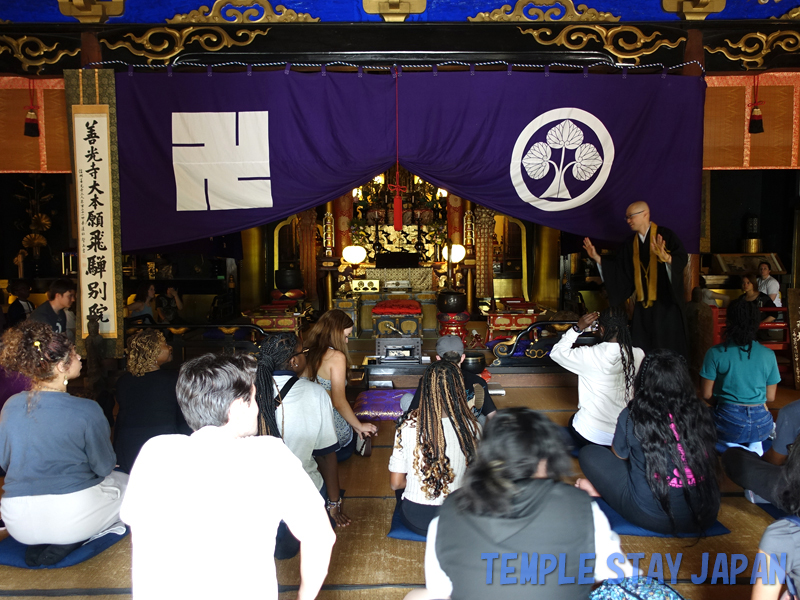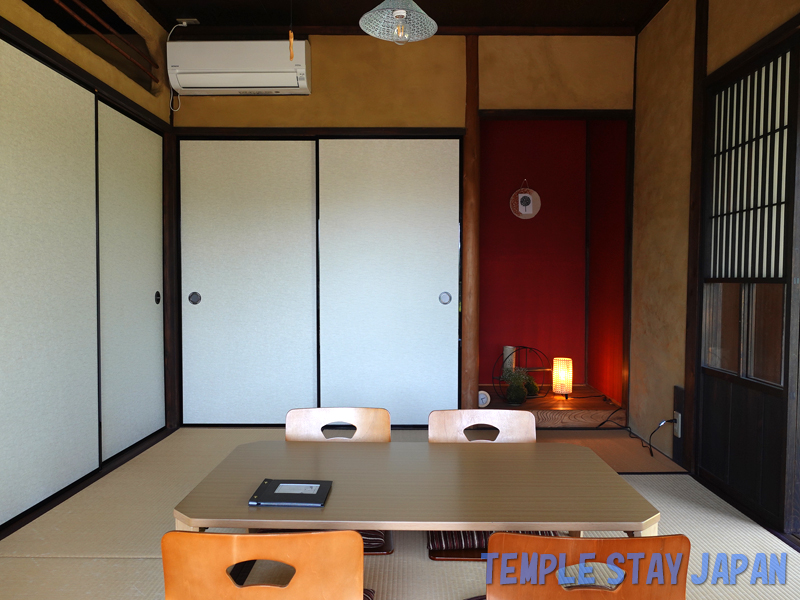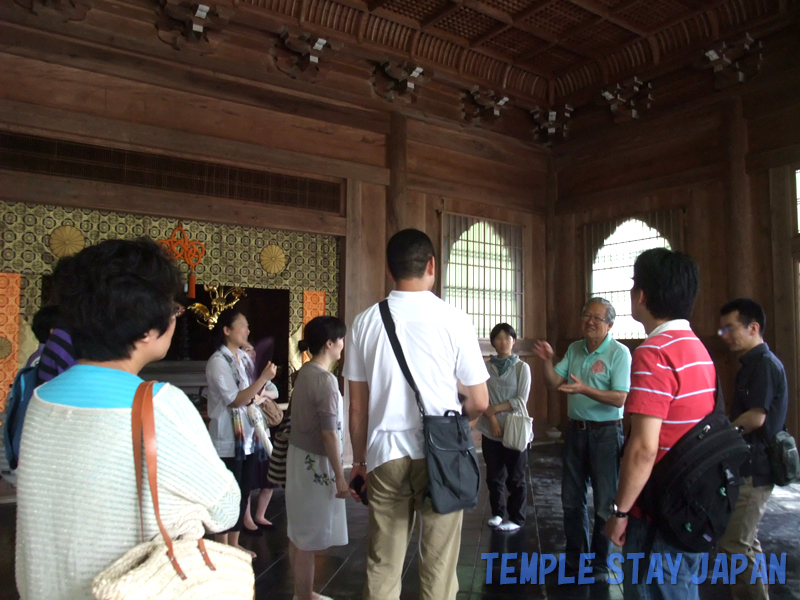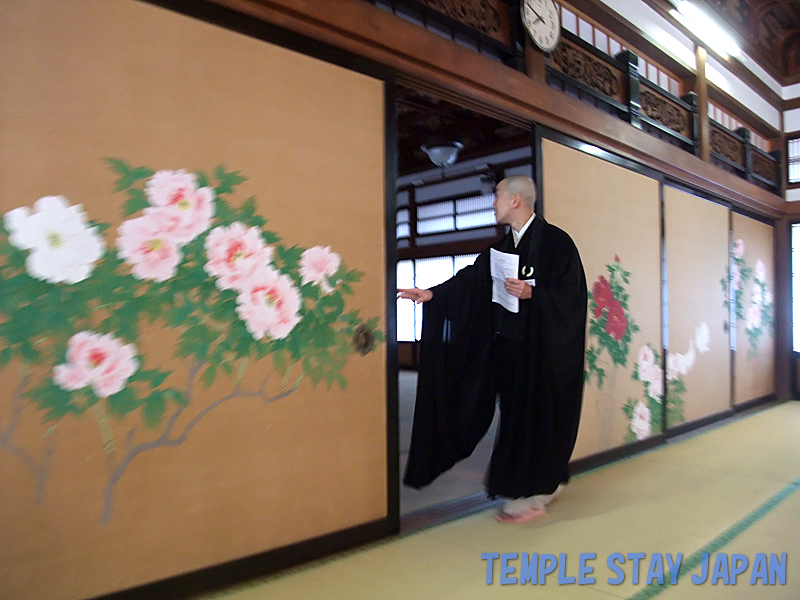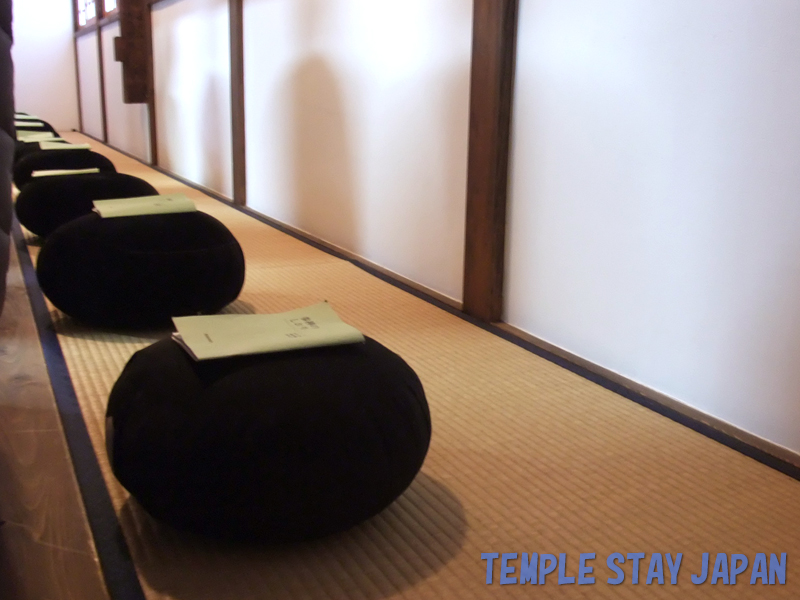Chubu– category –
-

Takada-Kaikan temple stay (Mie)
Takada-Kaikan is a shukubo of Senjuji Temple, the head temple of the Takada sect of Jyodoshinshu Buddhism, which has over 600 temples across the country. You can attend the service at the Mieido Hall, an important cultural property, from 7am. -

Jingu-Kaikan shrine stay (Mie)
Ise-Jingu Shrine is the most prestigious of the approximately 80,000 shrines in Japan. Jingu Kaikan is a lodging facility run by the Ise-Jingu Shrine Worship Association. I was guided by the staff of Jingu Kaikan to visit Ise-Jingu Shrine. It was a lot of fun because the staff explained things to me at each location. -

Tsubaki-Okamiyashiro shrine stay (Mie)
This is the main shrine with approximately 2,000 shrines dedicated to Sarutahiko Okami. You can stay overnight at Tsubaki Kaikan, located very close to the shrine. -

Taikoji temple stay (Mie)
Taikoji Temple was founded in the 8th century. It is located about a 10-minute walk from Futamigaura, famous for its Meoto Iwa (couple rocks). A youth hostel is run in the temple.I stayed in a 6 tatami Japanese-style room. In front of the window was a small but relaxing garden. -

Takayama-Zenkoji temple stay (Gifu)
Takayama Zenkoji Temple is a shukubo that was converted from a residence connected to the main hall. If you wish, you can experience copying sutras and meditation. There is morning worship and training that involves feeling your way through pitch-black underground corridors. -

Seki-Zenkoji temple stay (Gifu)
This temple began as a small hermitage built in 1745. The main hall houses an incarnation of the principal image of Zenkoji Temple in Nagano Prefecture. There is a shukubo on the temple grounds that only accepts one group per day.The Shukubo has a cafe attached. -

Goshikien temple stay (Aichi)
This is a shukubo that caters mainly to groups, and can accommodate 5 or more people. Located in the mountains, it has a large hall and training rooms, making it an ideal venue for brass band training camps, which tend to produce loud noises. Meal times are dinner at 6pm and breakfast at 8am. Curfew is 11pm. -

Hokoji temple stay (Shizuoka)
Hokoji Temple was founded in 1371 and is the head temple of the Hokoji school of the Rinzai sect of Buddhism. I checked in at the reception desk near the main hall and a monk showed me to my room. The grounds are a very vast facility and I was impressed. -

Kasui-sai temple stay (Shizuoka)
Kasui-sai is an ancient temple with a history of over 600 years. We were served buddhist vegetarian cuisine, practiced zazen, and were given a tour of the temple by a monk. This toilet is said to be the best in Japan, and in the center stands a statue of Ucchusma. -

Zennoyu temple stay (Shizuoka)
Zennoyu is located within the grounds of Jigen-in Temple, whose history began as a hermitage that was opened around 1299-1301. A weakly alkaline hot spring gushes forth within the temple grounds. I experienced zazen starting at 6am. I was able to sit peacefully in a quiet environment.


